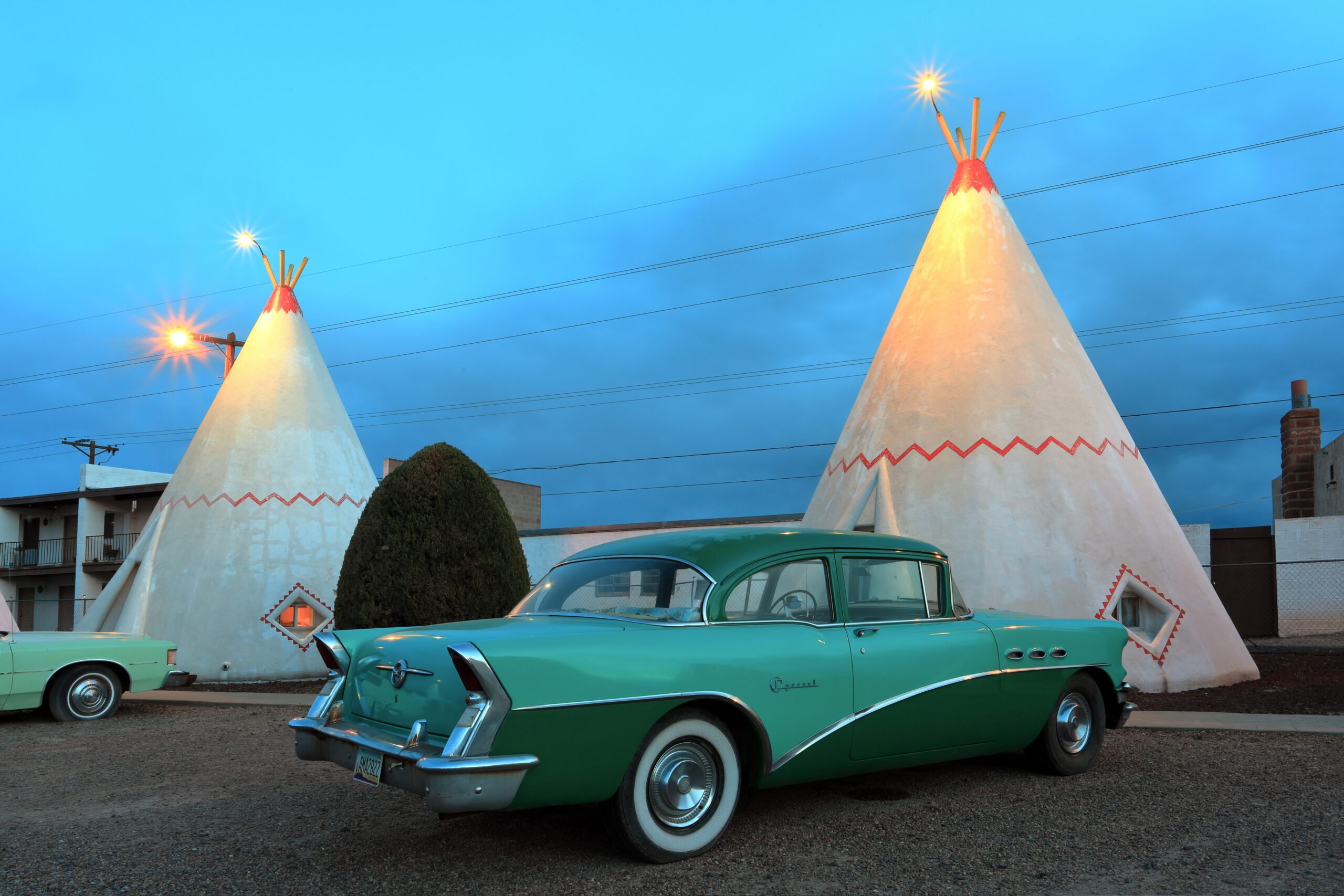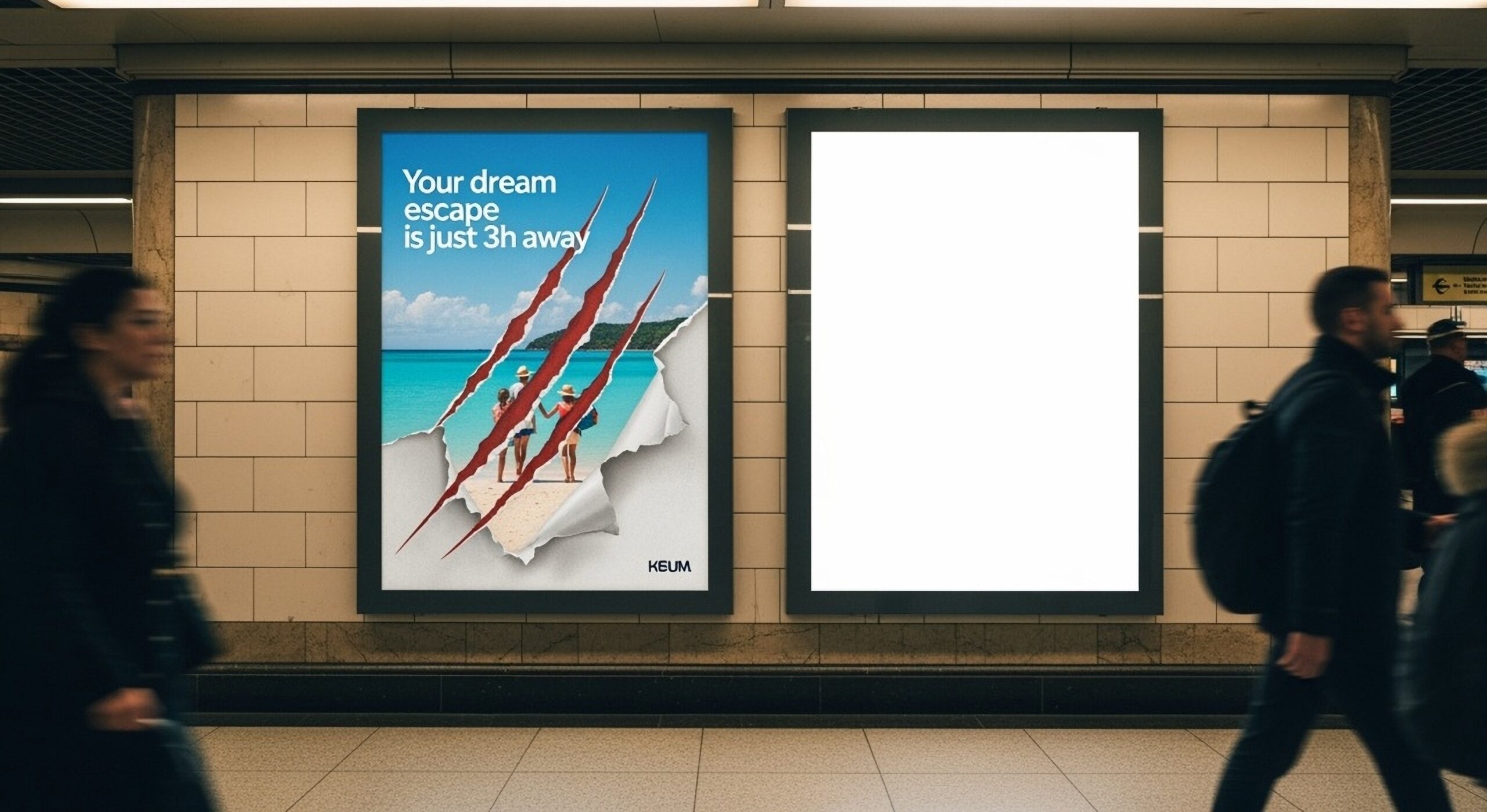Over the course of the past year, there has been a dramatic rise in anti-Asian attacks within the U.S. Stop AAPI Hate, the center that tracks and responds to hate incidents against Asian Americans and Pacific Islanders in the United States, recently released a national report indicating that there were nearly 3,800 such discriminatory acts against Asian Americans between March 2020 and February 2021. For me personally, this figure, coupled with reading and watching news accounts of violence against Asian Americans, has incited both shock and trepidation. Sure, growing up as an Asian American has its struggles—like micro-aggressions and racist comments here and there that I swiftly brushed off, but I hadn’t experienced nor witnessed anything like these massive spikes in anti-Asian harassment and crimes.
In the aftermath of the Black Lives Matter movement, we at Destination Analysts hosted a panel discussion with Black travelers about what the travel industry can do to market and make travel an equally inclusive leisure activity. We also spoke with an incredibly talented group of Black travel content creators to understand how DMOs and travel brands could learn from their experiences and work with them. These revelatory and very meaningful discussions were the inspiration for me to suggest that our small, mighty team of researchers organize a panel discussion with Asian American and Pacific Islander travelers. Our team decided to move forward with this panel at the beginning of this year, and the date we selected back in January just so happened to be March 23rd, exactly one week after the Atlanta shootings. While this could have been purely serendipitous, it would be an understatement to say that this panel discussion with AAPI travelers was relevant and timely. It was imperative. And not only was it imperative to hear these travelers’ perspectives and considerations, but to also convey a loud and clear message: AAPI travelers want respect and acknowledgement.
You can listen to what these six AAPI travelers had to say and find our key takeaways from the discussion below.
What We Learned:
- Recent events have resulted in heightened feelings of anxiety and unease. These travelers shared mixed emotions right now, ranging from fear and rage to hopelessness and apprehension. Noelle from Denver, CO shared, “I feel pretty much on an edge. Anxious all the time. Every time I feel like there’s a little break to breathe, something else happens in the news that just strikes up my anxiety again.” There was also an expressed wariness. On top of looking out for one’s health and protecting others as it relates to the coronavirus, this extends to physical safety and being aware of “what’s around you and seeing another type of potential threat.” AAPI women and seniors are particularly vulnerable. Lucy from Irvine, CA is not alone in experiencing fear and added, “Being a woman, that makes a difference.” Steven, a Baby Boomer from Westport, CT, stated, “I also recognize I am slow. I am older, so I am not as quick to run away from these attacks,” such as the targeted attacks against Asian American seniors during Lunar New Year.
- While these feelings clearly impact travel decisions and considerations, AAPI travelers agree that they would be most comfortable right now in destinations that both prioritize COVID safety and embrace diversity. Specific to the ongoing pandemic, much like all travelers, AAPI travelers want to see sanitizing stations, the availability and enforcement of masks, social distancing and access to testing. When asked where they would feel most safe, while there was multiplicity in destination types there was consistency in a mindset of avoiding potential race-based discrimination and attacks. Secluded areas offer the ability “to relax and have peace of mind,” resorts work due to the availability of security personnel and security cameras, cities have “a lot of crowds” and provide “safety in numbers,” while “outdoorsy people are kinder and nicer.” Regardless of the type of destination, the panelists unanimously agreed that they’re looking to visit places that are welcoming and inclusive. Places “where there is diversity and they’re embracing that diversity.”
- There is a lack of AAPI representation in travel marketing right now. However, a sea change will communicate that AAPI travelers are welcomed and valued. As noted by Richard of San Francisco, CA, “You look at most of the travel materials and you rarely see Asians being represented in those promotional materials, except for shopping centers.” When it comes to representation in marketing, Asians are often ignored and taken for granted. From the perspective of AAPI travelers, depicting Asians in marketing materials (especially outside of the stereotypical shopper) “would go a long way to feel like they want us around.” Richard continued to share that “Particularly in this time where people feel like it’s okay to take shots at us, it will be nice to see that people actually value our presence and value us in the community.”
- Respect and acknowledgement are critical in developing an AAPI customer base. And this can be as simple as sending an email, posting on social media or giving back to the AAPI community. There were suggestions for travel brands and organizations to send an email to their audiences with messages of support, such as “employees will be held to standards and racism will not be tolerated,” “we stand with you” or “thank you for being a part of our family.” Donations to AAPI organizations and Asian communities are also reassuring. According to Steven, he wants to patronize travel brands that demonstrate their support of Asians because “They give back to the Asian community and I think that’s a strong message.” Similarly, Noelle shared that seeing “airline or travel companies on my social media that promote the issues that are happening right now and promote us and equality makes me more inclined to purchase and support them financially.” Frankly summed up, in the words of Diane, “It all goes down to respect and acknowledgement. You don’t know how much it means to that person, to include them and have them feel worthy to even be acknowledged.”
As my own shock and trepidation fluctuate, I’m both relieved and comforted to know that I’m not the only one experiencing these feelings in the wake of anti-Asian attacks. A subtle way to let Asian Americans know that they are welcome is to represent them in marketing materials. A bolder way to let AAPI travelers know that they are welcome is to directly address the surge of violence and take a solid stance. There is much work to do in order to overcome this series of unfortunate events. Being pro-active and addressing current issues and events is one step towards making AAPI travelers feel safe, welcomed, valued, respected and acknowledged.



